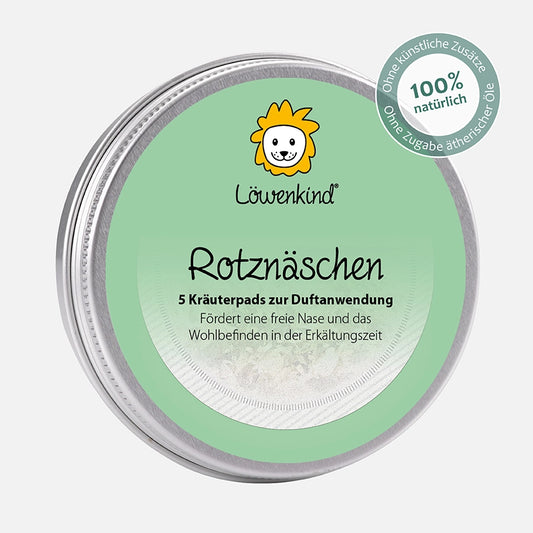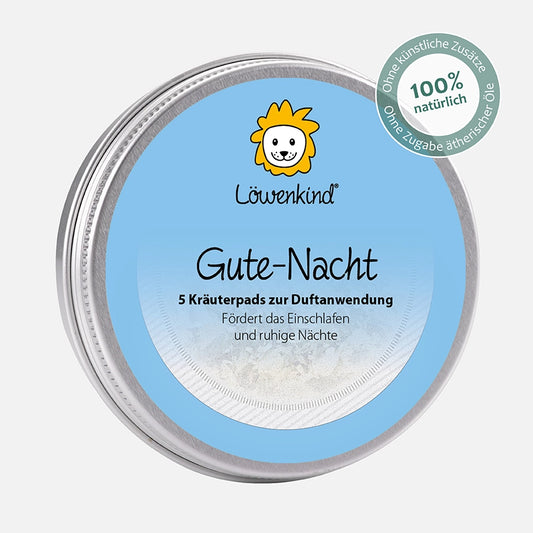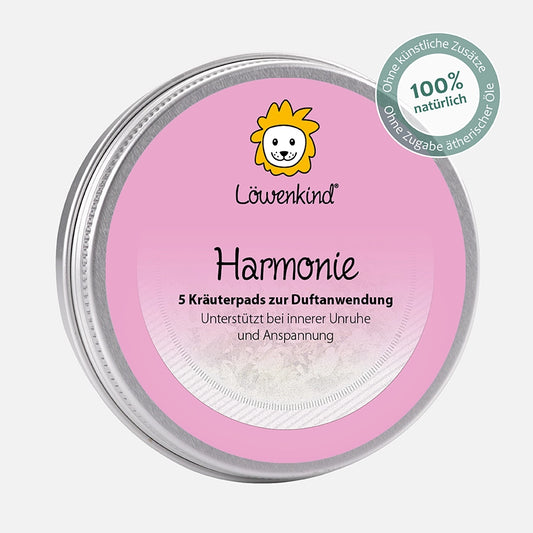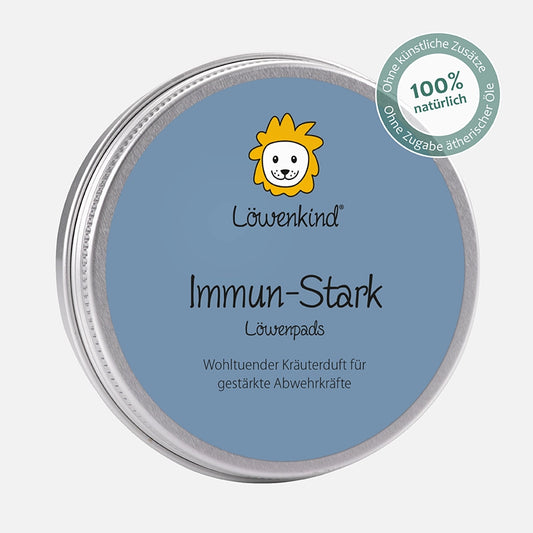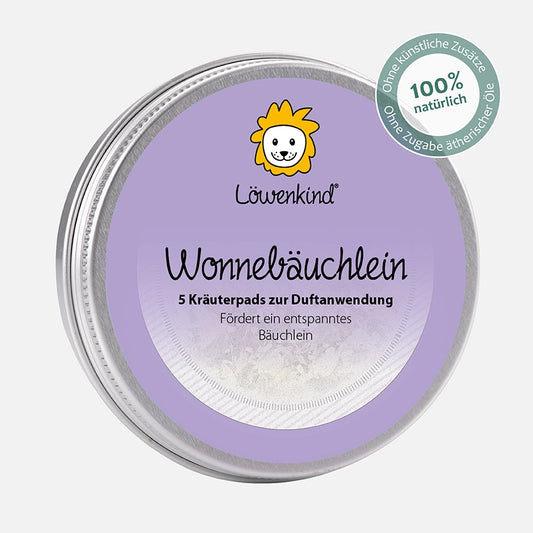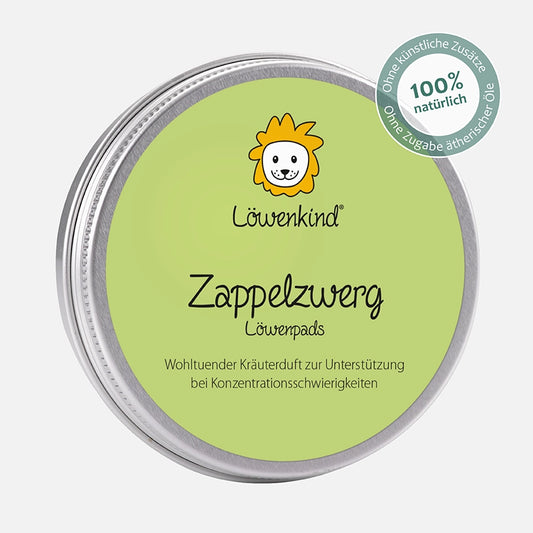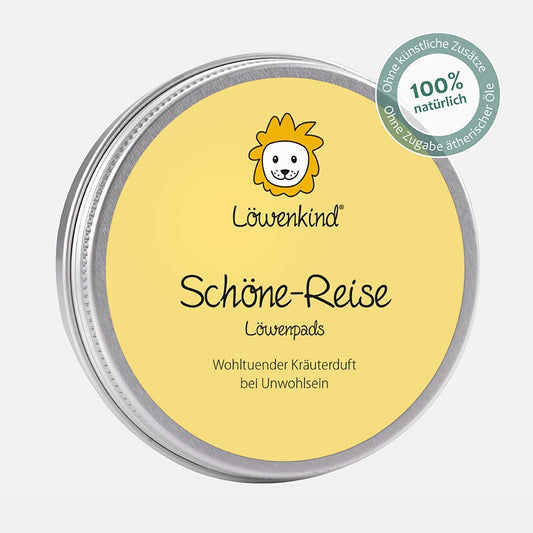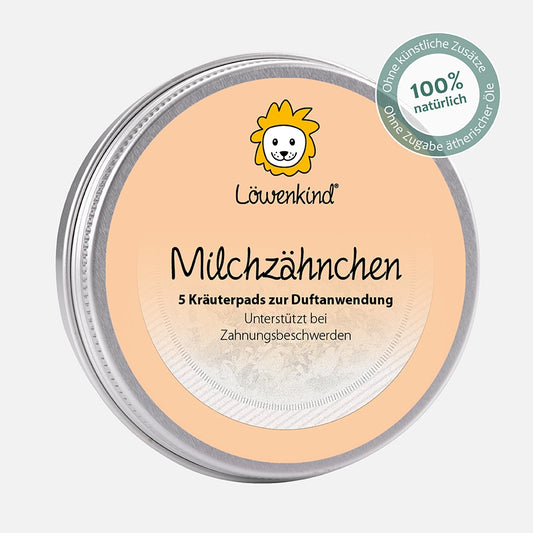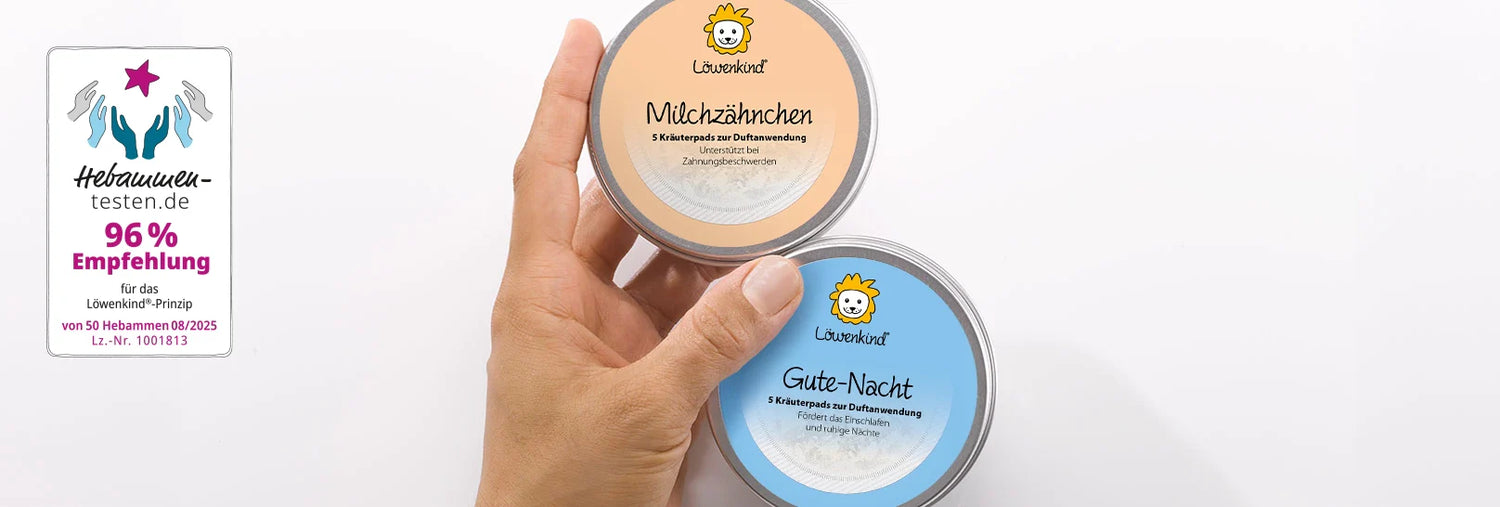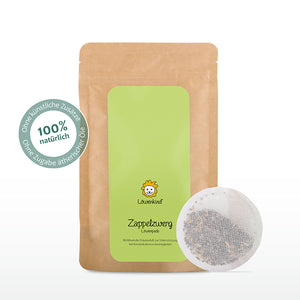- chamomile
- Mullein blossom
- rose blossom
- Primrose
content
chamomile
chamomileChamomile was a universal remedy even in ancient times. It is one of the best-researched medicinal plants, the effectiveness of which has been proven in many extensive studies. In addition to relieving gastrointestinal complaints, it has antibiotic, antiviral, antimycotic and immune-stimulating effects. Due to its mildly calming, antispasmodic and anti-inflammatory properties, it is a valuable aid, especially in pediatrics.
Mullein blossom
Mullein blossomThe mullein is impressively graceful and has been known since ancient times as a powerful medicinal plant. Its flowers are particularly valued as a herbal remedy for coughs and hoarseness, as they have an anti-irritant and germ-inhibiting effect. On the one hand, the mullein protects against drying out of the mucous membranes, but at the same time helps to very gently loosen stuck mucus. It is particularly suitable for quickly relieving the agonizing pain of a sore throat.
rose blossom
rose blossomThe delicate scent of a rose can captivate our senses and has a particularly positive effect on our psyche. It has a strong relaxing, balancing and joyful effect. Above all, however, rose petals are classified as a traditional herbal medicine by the HMPC (Committee of the European Medicines Agency) because, based on many years of experience, they can be used successfully to treat inflammation in the mouth and throat. The active ingredients in rose petals form a kind of protective barrier for our mucous membranes and neutralize free radicals. They have the ability to break through the cell membrane of bacteria and fungi and thus exert a growth-inhibiting effect on the genetic material of these microorganisms.
Primrose
PrimroseThe primrose heralds the arrival of spring and the end of colds, coughs and runny noses. The indications for the primrose are persistent colds, coughs and blocked noses, as well as sinusitis, which often leads to headaches. In general, it is very useful for chronic catarrh of the respiratory tract, bronchitis and long-lasting coughs with insufficient expectoration. In addition to the roots, the flowers with calyxes are used therapeutically. The saponins, flavonoids and essential oils they contain have a secretolytic and expectorant effect. They liquefy the mucus and make it easier to cough it up. In pediatrics, primrose flowers are preferred to roots because they smell better, are better tolerated and, unlike the roots, do not irritate the stomach.
